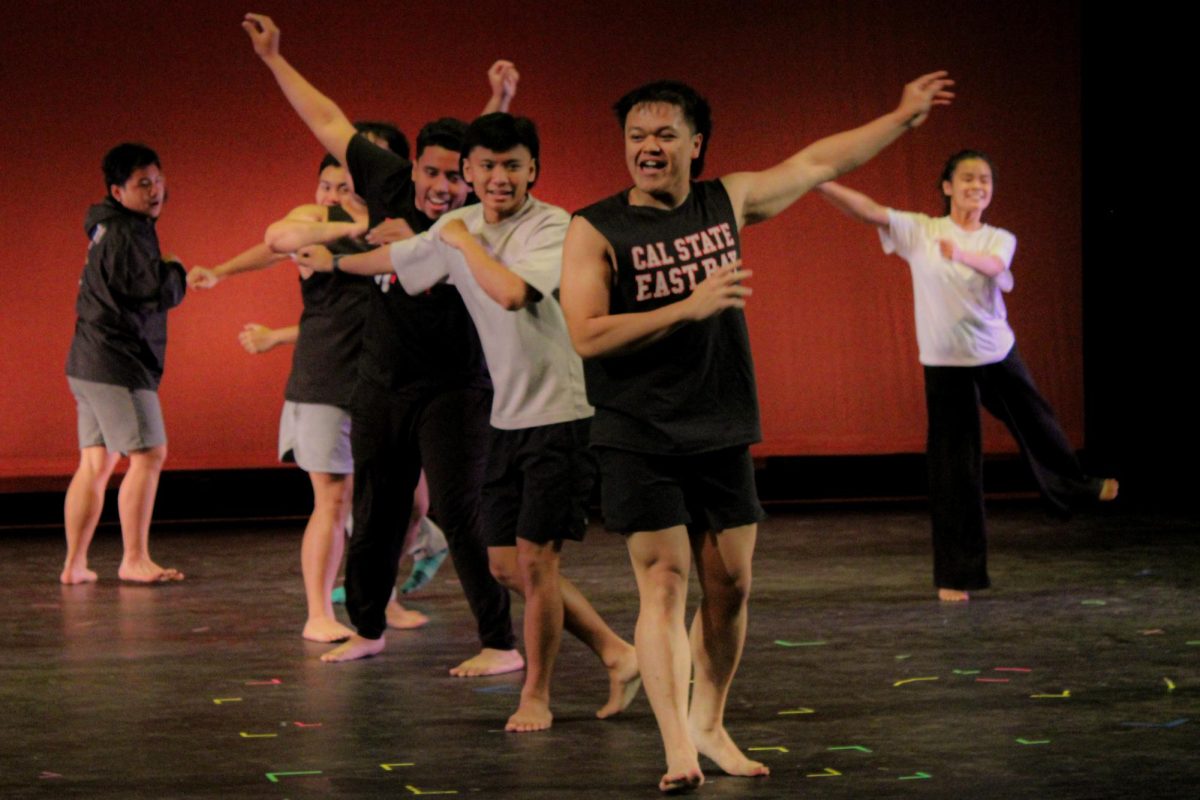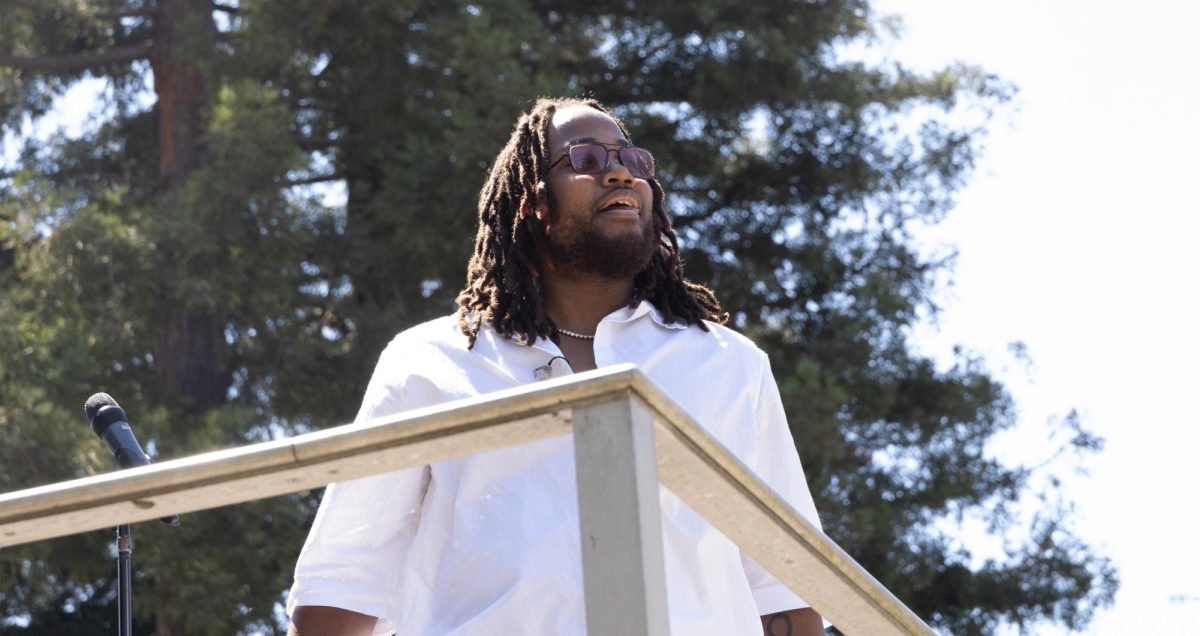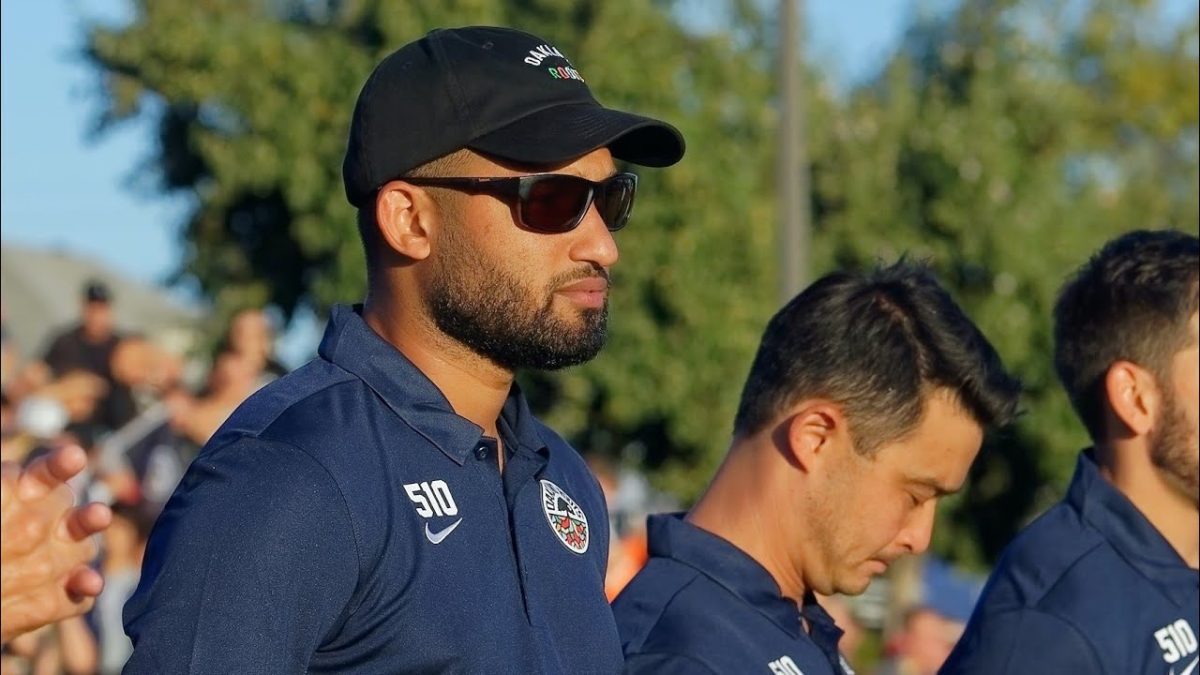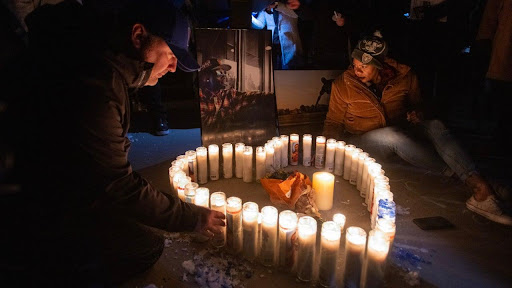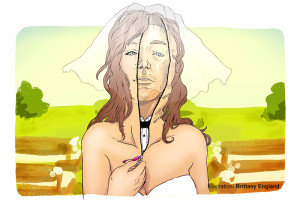 Maria Nieto, a biology professor at CSU East Bay, is using science to help persuade the United States Supreme Court that Proposition 8 is based on unfounded principles and should be rejected.
Maria Nieto, a biology professor at CSU East Bay, is using science to help persuade the United States Supreme Court that Proposition 8 is based on unfounded principles and should be rejected.
Proposition 8, approved by voters in 2008, amended the California Constitution to specify, “Only marriage between a man and a woman is valid or recognized in California.”
As an expert in the field of biology, Professor Nieto has written for textbooks and published various articles in peer reviewed scientific journals. At the core of her teachings, she challenges the definitions of “man” and “woman” with the biological terms of “male” and “female.”
In an article published in 2008, Nieto posed the question, “How should we define the terms man and woman, and are they the same as male and female?”
“It might be reasonable to assume that all males would possess XY chromosomes and associated male physical parts such as a penis, while females would possess XX chromosomes and associated female physical parts such as a vagina; but this assumption would be incorrect,” she wrote in the Gay & Lesbian Review Worldwide.
About one in every 2,000 people does not fit the physical norm and socially accepted criteria of what a male and female should look like, she says.
Androgen insensitivity syndrome is a chromosomal anomaly that causes a biological male to possess the appearance and the physical features of a woman.
“In one form of AIS, individuals can look female externally, lacking a penis and possessing breasts. However, they minimally possess the XY chromosomes and are born with testes that can remain in the abdominal cavity,” she explains.
Nieto argues that these difficulties in making classifications means Proposition 8 could ostensibly be used to block heterosexual marriages.
“As a biologist, I have found the arguments against same sex marriage misguided – not because the evidence hints at homosexuality being based, at least in part, on biological roots, but because the same arguments that are used to keep same-sex marriage illegal could also be applied to some ostensibly opposite-sex marriages,” she wrote.
Thus, she reasons, Proposition 8 could lead to different scenarios that place restrictions that run counter to the “supposed” intent of the law to begin with.
“The limitations of Proposition 8 could sanction a marriage between two biological males (where one outwardly looks like a man and the other like a woman) while preventing the marriage of a biological male to a biological female because they outwardly appear as two women,” Nieto further explains.
Nieto’s recognition that the biological reality present in society was not being incorporated into the discussion surrounding the issue needed to be addressed.
“I just kind of believed in the project and thought it was an argument that wasn’t being used and it made sense, and there was no way to argue against it,” she says. “My intentions were to see if I could get the legal community to recognize it.”
Being that she was not a party in the suit, Nieto had to submit an opinion to influence the Supreme Court, a brief of amicus curiae, Latin for “friend of the court,” for submission and consideration.
Fittingly, Nieto initially approached gay and lesbian focused attorneys such as the National Center for Lesbian Rights and Lambda Legal, but they were not interested.
“Gay and lesbian groups were not keen on it,” she says. “From what I understood, the reason was, that they did not want to use science as a go to, they basically wanted to win based on the principal civil rights issue.”
To prospectively explain the resistance from the legal community, attorney and law professor, Larry Sokoloff explains, “Law firms are in business to make money, and so, they do some pro bono which means charity or free work when they want to and when they’ve been presented with something they’re excited about.”
To illustrate the legal costs and efforts associated with writing the brief, Sokoloff explains, “It’s going to take some time to put together what say is a 16 page brief, so a lot of research, probably a number of drafts before you get to this final thing.”
It would take a painstaking four-year process to finally secure legal counsel to represent Nieto. On Feb. 17, Nieto received word.
“Finally, I was able to secure counsel for the Supreme Court just in the nick of time,” says Nieto.
Taken along with President Obama and almost 100 other organizations or individuals filing briefs of amicus curiae, the U.S Supreme Court will begin reviewing and hearing arguments on March 26.
When asked if she was excited to be part of a historic US Supreme Court case that would set precedence for all same sex marriage rulings, Nieto enthusiastically replied, “Yeah, it’s super exciting.”





